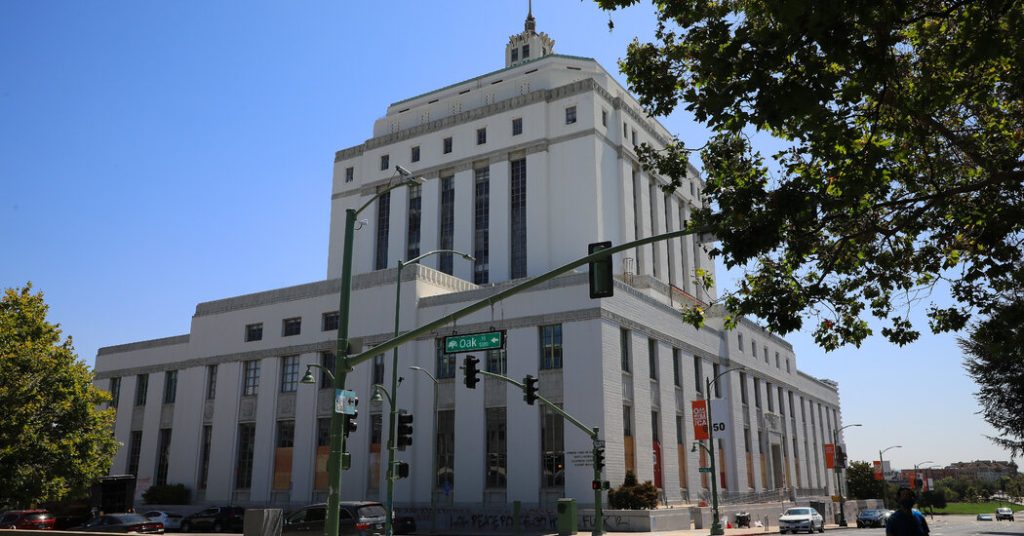Nearly three decades ago, during a murder trial in California, a prosecutor was found to have made notes reflecting prejudice against Jewish prospective jurors. The notes indicated discriminatory practices based on race, religion, and gender when selecting jurors for capital cases. The case involved Ernest Dykes, who had been charged with killing a 9-year-old boy during a robbery in Oakland. The discovery of these notes has led to the possibility that convictions of Mr. Dykes and others on death row in California may be overturned, granting them new trials. A federal judge is overseeing settlement talks as part of Mr. Dykes’ appeal and has ordered a review of all California capital cases in which a defendant from Alameda County is on death row.
The Alameda County District Attorney’s office has found evidence that discriminatory practices in jury selection were widespread for decades and involved numerous prosecutors. Prosecutors have long sought to exclude certain groups from serving as jurors in capital cases, despite court rulings that such practices were unconstitutional. Black jurors were presumed to be sympathetic to defendants, while Jews were presumed to oppose capital punishment, drawing on historical injustices in the United States and after the Holocaust. The lead prosecutor in the Dykes case, Colton Carmine, has retired, and it remains uncertain exactly who wrote the notes about excluding Jewish jurors.
The revelations about bias in jury selection have caused distress among the surviving relatives of victims in the murder cases under review. Families are being contacted to inform them of the possibility of new trials and the need to potentially revisit traumatic events from decades ago. Retrying these cases will pose significant challenges for prosecutors, including locating old case files and witnesses and dealing with faded memories or deceased individuals. The process of notifying victims’ families has been received with mixed emotions, as it resurrects painful memories for those affected by the crimes.
Allegations of racial and religious bias in jury selection in Alameda County have surfaced in the past. In 2005, a former prosecutor in the district attorney’s office stated that it was common practice to exclude Jewish jurors in death penalty cases. Such practices raise concerns about unfair trials and the lack of a representative jury for the defendants. Proving bias in selecting jurors is challenging, as lawyers can strike prospective jurors without providing a reason through peremptory challenges. Historically, discrimination in jury selection has affected death penalty cases, with prosecutors often excluding jurors based on race or religion.
California, home to the largest death row in the nation, has not executed anyone since 2006, with Governor Gavin Newsom imposing a moratorium on executions. The emergence of bias in jury selection in Alameda County highlights a longstanding issue in prosecutors’ offices across the country, where jurors have been excluded based on race, religion, or other factors. Training materials and practices have been uncovered in various states showing a pattern of discrimination in selecting juries, leading to overturned convictions in some cases. The prevalence of bias in jury selection, even in liberal areas like the Bay Area, emphasizes the need for reform and accountability in the criminal justice system to ensure fair trials for all individuals involved.


